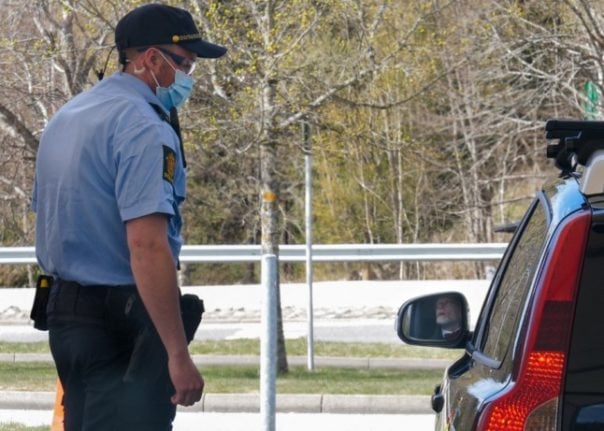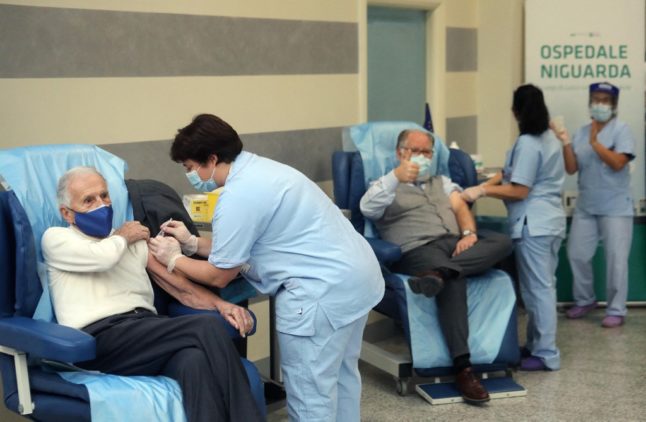New coronavirus testing rules were introduced in Norway on Friday, which meant that all travellers, regardless of whether or not they have been vaccinated or have previously been infected with the virus, would need to test after arriving in the country.
In the majority of cases, travellers are expected to take a rapid test at the border and wait at the test station until their results are ready.
This has led to queues and delays at some of the country’s busiest borders, Svinesund, the land border crossing with Sweden, and Oslo Gardermoen airport.
Some people crossing the border at Svinesund were given rapid antigen tests to do at home, news wire NTB reported.
“At the moment, there are long queues, so some people have been sent to test themselves at home within 24 hours… The rules say that you should not spend more than an hour and a half in the testing area, but it still takes some time,” Joestein Stø, from the test centre at Svinesund, told NTB.
READ MORE: Norway tightens Covid-19 testing rules for travellers
Queues have also led to people at Norway’s busiest airport, Gardermoen, being given antigen tests to take at home.
Those given tests to take home will have 24 hours to test themselves. If the test returns positive, they must take a PCR test and isolate until the result is ready.



 Please whitelist us to continue reading.
Please whitelist us to continue reading.
Member comments